The enlightenment philosophers contributed in different ways and in different areas of knowledge.
From moral, religious and political issues to economic and philosophical ones, the ideals of Enlightenment thinkers promoted the process of world awareness.
The "lights" of Enlightenment thought are a critical response to the "darkness" of medieval thought, in which all knowledge production was subordinated to religion, as a way of justifying the faith and power of the Church.
Despite the particularities present in the thinking of each of them, the issues related to the production of an independent knowledge, centered on reason and distant from the theology proposed by the Church, is a common mark.
Voltaire (1694-1778)
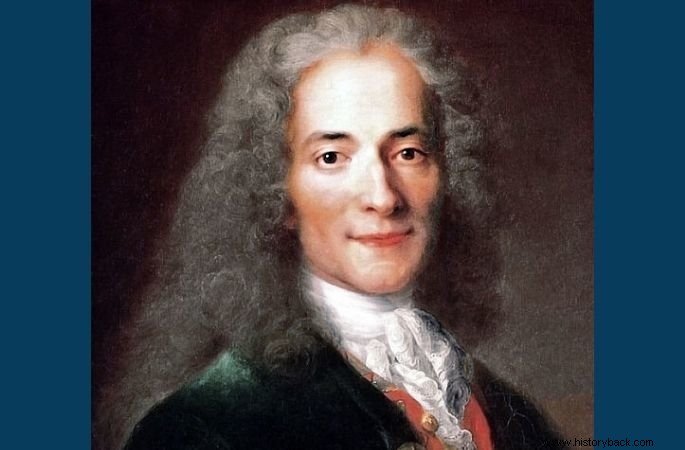
Voltaire, pseudonym of François-Marie Arouet, was a French philosopher who was born in Paris. His criticism of the nobility resulted in several situations of imprisonment and exile.
Main Ideas
Voltaire defended the idea of a centralized monarchy, whose monarch should be cult and advised by philosophers.
He was a severe critic of the religious institutions as well as the feudal habits that still prevailed in Europe. He asserted that only those endowed with reason and freedom could know divine wills and designs.
Main Works
Voltaire's main work, "English Letters or Philosophical Letters", was a set of letters concerning English customs, which he compared to those of backward absolutist France.
Despite this, he was against any revolution, as he believed that monarchs would be able to orient themselves rationally to fulfill their role.
He also wrote novels, tragedies and philosophical short stories, among which "The Naive".
John Locke (1632-1704)
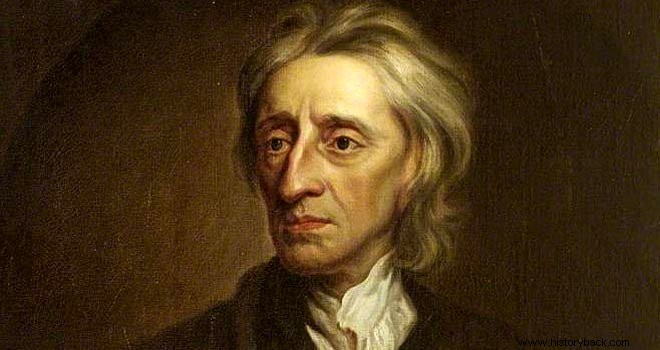
John Locke was English. He was the exponent of British empiricism and one of the greatest theorists of the social contract.
Main Ideas
John Locke claimed that the mind was like a "blank slate." He rejected any conception based on the "innate ideas" argument, since all our ideas had a beginning and an end in the senses of the body.
Locke fought the idea that God decided the fate of men and argued that society corrupted divine designs or the triumph of good.
His ideas helped in the overthrow of English absolutism.
Main Works
One of his major works, “Two Treatises on Civil Government,” deals with absolutism.
Among other works, he wrote “Letters Concerning Tolerance” and “Essays Concerning Human Understanding.”
Jean-Jacques Rousseau (1712-1778)
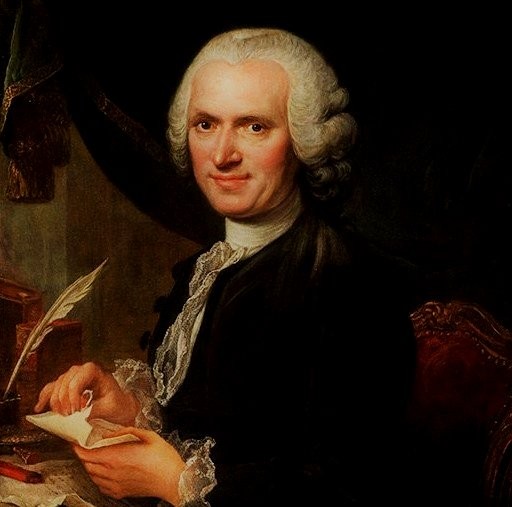
Jean-Jacques Rousseau was a Swiss philosopher who laid the foundations for European Romanticism.
Main Ideas
Rousseau was in favor of the “social contract”, a way of promoting social justice that gives his main work its name.
He preached that private property generated inequality among men. According to him, men would have been corrupted by society when popular sovereignty had ended.
Main Works
"The Social Contract" is Rousseau's most outstanding work. In "Émile", another work of great importance, Rousseau deals with education stating that it must be the basis for the reconstruction of humanity.
See also:Articles of AssociationMontesquieu (1689-1755)
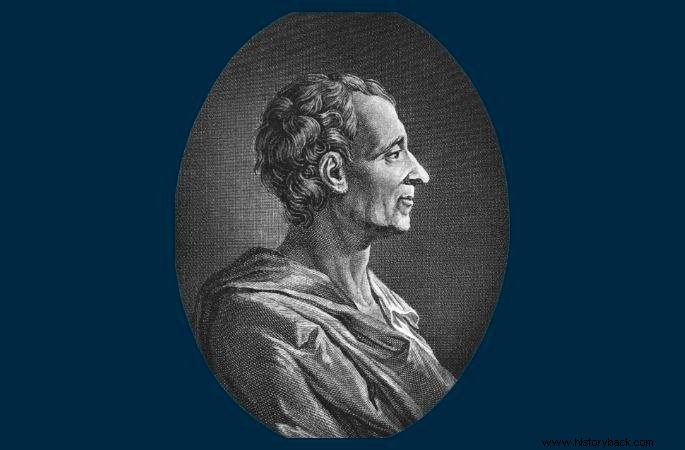
Montesquieu, Charles-Louis de Secondat, became known as Baron de La Brède and de Montesquieu.
A famous French jurist and philosopher who distinguished himself in the areas of philosophy of history and constitutional law, Montesquieu was one of the creators of the philosophy of history.
Main Ideas
Montesquieu systematically criticized political authoritarianism, as well as the traditions of European institutions, especially the English monarchy.
Main Works
In his main work, “The Spirit of Laws”, Montesquieu defends the separation of the three powers of the State into Legislative, Executive and Judiciary. He believed that this was a way of maintaining individual rights.
His work was inspiration for the "Declaration of the Rights of Man and Citizen" (1789), for the French Revolution and for the Constitution of the United States (1787).
Before "The Spirit of Laws", he wrote "Persian Letters".
Denis Diderot (1713-1784)
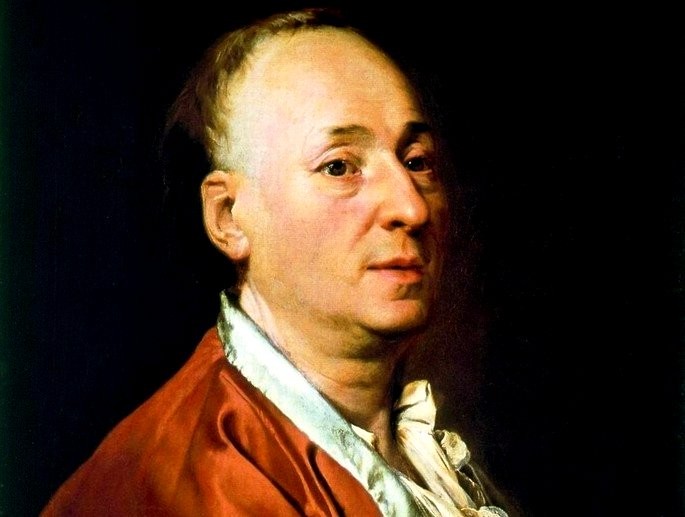
Denis Diderot was a French philosopher and translator who was born in Langres. The first work in which he excelled earned him imprisonment.
Main Ideas
Diderot criticized absolutism and defended the idea that politics was responsible for eliminating existing differences in societies.
Main Works
His first major work was "Letters on the Blind for Use by Those Who See ".
He was responsible for elaborating, in partnership with D'Alembert, the famous "Encyclopedia" or "Rational Dictionary of Sciences, Arts and Crafts".
Comprising 33 volumes, the work brings together the main knowledge accumulated by humanity at that time.
It was first published in France (1751 and 1772), where it spread to become the main Enlightenment propaganda. For this reason, Illuminists are known as "encyclopedists".
See also:EnlightenmentAdam Smith (1723-1790)
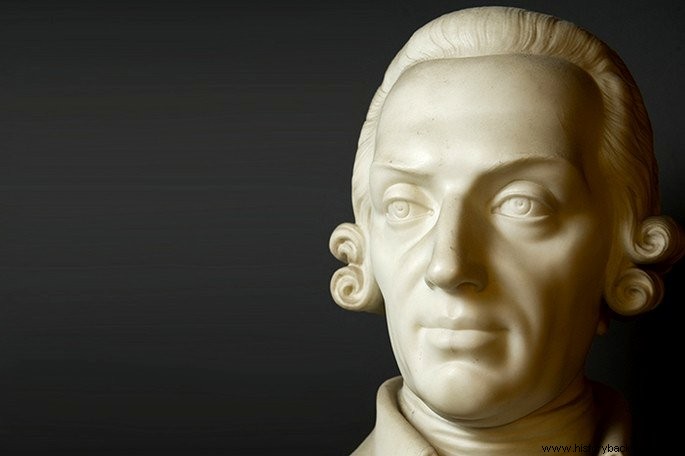
Adam Smith is considered one of the leading theorists of the movement. Scottish philosopher and economist, he is given the title of "father of modern economics".
Main Ideas
Adam Smith stated that only with the end of monopolies and mercantilist policy would the State really prosper.
This is because the wealth of nations came from individual effort (self-interest ) which, in turn, is what fosters economic growth and technological innovation.
Thus, the private enterprise should act freely, with little or no government intervention. This made his thought intensely influence the bourgeoisie, desirous of ending feudal privileges and mercantilism.
Main Works
"The Wealth of Nations" is the name of this thinker's main work, while "Theory of Moral Sentiments" is the name of his main treatise.
See also:DespotismOther Enlightenment Thinkers
Many were the philosophers who sought to separate religious issues from the production of knowledge and aimed at the production of fully rational knowledge.
Some important names that influenced or were influenced by Enlightenment thought were:
Baruch Spinoza (1632-1677)
David Hume (1711-1776)
Jean le Rond d'Alembert (1717-1783)
Immanuel Kant (1724-1804)
See also :Questions About Enlightenment
